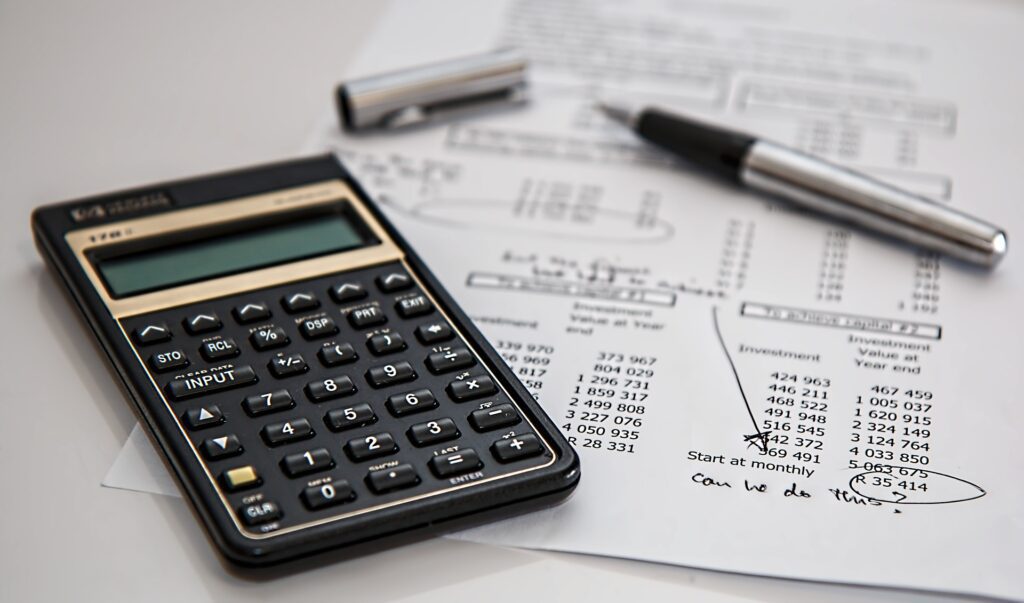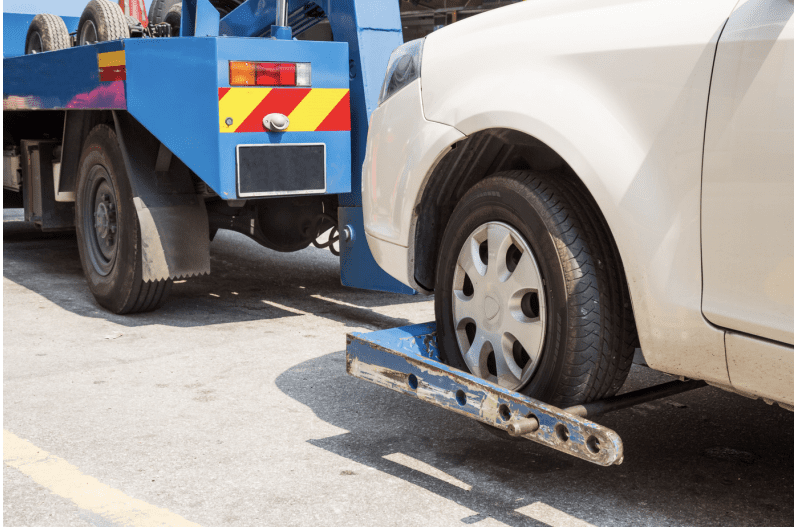A missing a car loan payment is a serious offense, and often leads to the bank repossessing your car. Car repo is a scary situation for anyone to face, since it has a major effect on a credit score, and your overall ability to borrow money.
You might know that a repo is damaging, but you might be wondering how long a car repo stays on your credit. Many consumers aren’t aware that a repo does not affect your credit forever.
This article will let you know how a car repo will affect your credit score and what you can do to improve your credit if you’re ever in this situation.

Missed car loan payments
One missed payment on a car loan will negatively affect your credit score, so it’s optimal to always be one time. If your credit record is excellent, a missed payment can drop your score by 100 points. To affect your score at all, a payment must be at least 30 days late.
Once you have missed a car loan payment, your credit score will likely be impacted. If you are in good standing with the lender, and it’s your first time paying late, you can always ask the lender to remove the late payment from your credit record. There is no guarantee, but some lenders are willing to do this if you have always proven to pay on time otherwise.

Defaulting on a loan
Missing more than one payment on a car loan means you are in danger of defaulting on the loan. At 30 days late, a lender is legally able to declare a borrower in default. However, your loan contract will detail the conditions to be met for you to be considered in default. In most cases, lenders won’t take that step until 60 or 90 days late on loan payments.
There are laws in each state that govern repossession. Your local consumer protection agency can help you understand your rights if the lender repossesses your car.
When can a lender repossess your car?
When a lender declares a borrower is in default, they can repossess the car, since the car is used as collateral in the loan. Repossession means the lender sends a company to take possession of the vehicle, usually by towing. The lender will then sell the car at an auction to make up for their financial loss.
If the vehicle sale doesn’t cover what you owe on the loan, you can still be held responsible for paying the remaining balance. In addition, the lender can charge you for the cost of towing the car. If you aren’t able to pay the loan balance and towing fees, your account can be handed to collections. An account in collections creates another ding to your credit report.
Each state has slightly different repossession laws. If you’re facing a repo, it’s a good idea to be informed about what is legal in your state during a repossession.
Once a bank has repossessed your car, it stays on your credit record for 7 years.

What happens to your credit after a repo
The repossession event and the balance of the loan will be immediately reported to credit bureaus. This will result in a big drop to your credit score on a credit report. As long as the repo stays on your credit, your credit will be negatively affected. It will be significantly harder to be approved for a home loan, another car loan or even a credit card.
And if you are approved for any line of credit after a repo, you will likely pay a higher interest rate since a repo impacts your creditworthiness. You are seen as more of a credit risk, so lenders will charge your higher rates.
Steps to improve your credit after a repo
A repo can stay on your credit report for 7 years. That means your credit won’t be perfect for a long time. But there are steps you can take in the meantime to improve your credit.
First, it’s always worth trying to negotiate the car loan payoff amount with the lender. Some lenders will negotiate if they believe you are more likely to pay off the remaining amount of the loan.
Next, apply for a secured credit card. These are credit cards that you deposit money into, and make purchases from that balance. You can refill the balance as often as you like. This helps build a track record of making regular payments on a card that reports to credit companies.

With a repo on your record, it’s critical to establish a habit of paying debts on time. This includes things like utility payments. If you think you’re at risk of paying late, communicate with the lender in advance and try to make arrangements or negotiate before falling behind on a payment.
When you’re trying to improve your credit score, make sure you don’t use all your available credit. The amount of credit you use is call credit utilization, and it is a big portion of your score. Ideally your credit utilization should be less than 30% of your available credit.
We sum up these steps in a free helpful resource for improving a bad credit score. These tips will help improve your score during the seven years that a repo is on your credit.
Monitor your credit report
While a repo is on your credit report, order a copy of your credit score to understand what negative items are affecting your credit history. Consumers are entitled to a free credit report every year.
After the 7-year term that the repo stays your credit, order a copy of your credit report to make sure the repo is removed.

Your credit after a repo
While a car repo is a serious detriment to your credit, the effects are not permanent. During the seven year term the repo stays on your credit, it will be harder to obtain new loans or lines of credit.
But during this time, there are steps you can take to improve your credit. Even with a repo, it’s possible to raise your credit score if you are regular with payments for other accounts. It takes time and diligence, but it’s worth the effort to strengthen your credit score after a repo.


